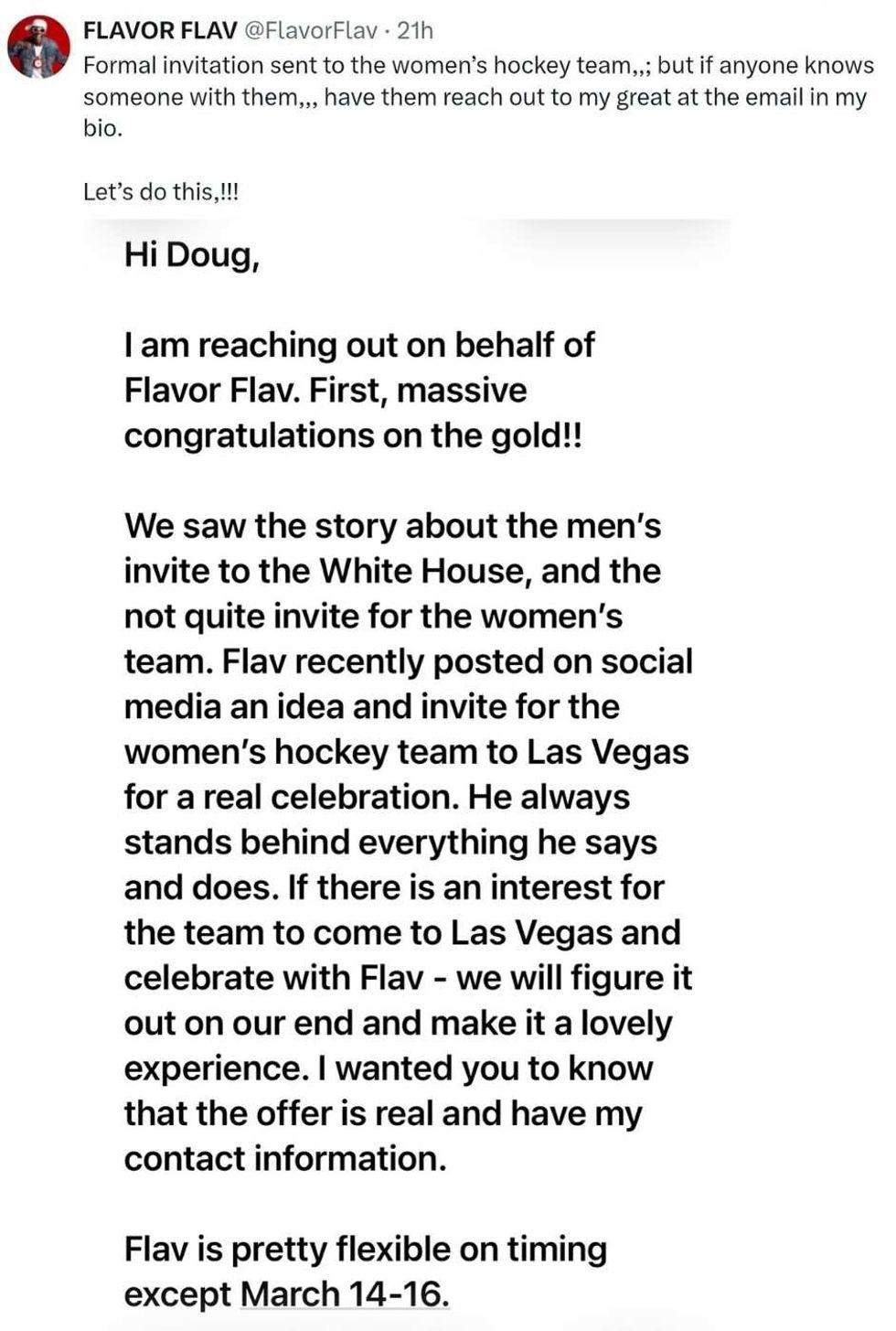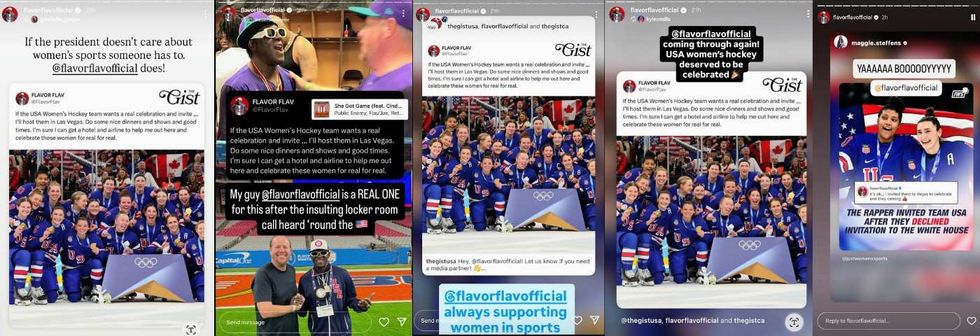Oregon Republican gubernatorial candidate Bridget Barton threw a tantrum over legislation mandating that menstrual hygiene products should be placed in all school restrooms.
The legislation, the Menstrual Dignity Act, or House Bill 3294, is also trans-inclusive and states that school districts, public charter schools, education service districts, community colleges, and public universities "shall ensure that both tampons and sanitary pads are available at no cost to students through dispensers located in at least two student bathrooms of every public school building."
The legislation requires at least two bathrooms in every public school building to have both pads and tampons available free of charge. It went into effect during the 2021-2022 school year and will require all bathrooms to have at least one dispenser beginning in the 2022-2023 school year.
But the bill angered Barton, who called it "an absolute implosion of the family" in a video message posted to her official YouTube and Twitter accounts.
You can hear what she said in the video below.
Barton, standing outside the Oregon Court of Appeals, said that she intends to file a "legal challenge against these mandates" though she did not indicate what actual grounds she has to file the appeal in the first place.
She said:
"Teachers are being forced to include transgender, nonbinary, intersex, 'indigi-queer' lessons in their basic sex education and health lessons."
"[Oregon Democratic Governor] Kate Brown is more interested in what is going on in our bathrooms than what's happening in our classrooms. A woke joke? No, this is real."
Barton went on to claim that the matter is a result of a "desperate" and "radical" left wing that is advocating for these measures "because they know they're going to get beat" in November's midterm elections.
Barton, who has been described as a "long-shot candidate" by Portland Monthly, said that should she be elected, schools will focus on "academic excellence not indoctrination."
In separate remarks to Portland Monthly, Barton asserted that making menstrual products more accessible in schools would prove "very confusing" for young children and again characterized the legislation as leftist overreach:
"When they hit puberty, they have even more confusion about their bodies and have real difficulty understanding what’s going on in their world, a lot of them go into depression, they act out, and we’re seeing more and more evidence that is causing kids to become confused, depressed, and to have to act out and have very serious problems going forward."
"Radical leftist woke policies are destroying Oregon from our streets to our businesses to our schools. I’m respectful of all, but it’s fair to let little boys be little boys, and little girls be little girls.”
"Instead, leftist education bureaucrats are pushing this radical nonsense, spending precious class time coming between Oregon parents and their kids, creating activist factories instead of strong community schools.”
Barton's declarations do not take into account that the majority of young girls begin to menstruate by the time they're 12, and that some can begin as early as eight or nine years of age.
Medical professionals have spoken out against what they refer to as "period poverty," a lack of access to menstrual products, sanitation facilities, and adequate education. Period poverty impacts an estimated 500 million people worldwide.
Many have criticized Barton for her remarks.
The government of Oregon has created a toolkit that indicates that the bill was a response to “an unmet need identified by students, school leaders, and medical and public health professionals over many years.”
The government acknowleges that privacy, inclusivity, access and education are the four pillars of menstrual dignity. Inclusivity means that policies should be gender-affirming, while access means that mentrual products should be available to all students, including those who live with disabilities and those who do not speak English.















 @FlavorFlav/X
@FlavorFlav/X @flavorflavofficial/Instagram
@flavorflavofficial/Instagram @flavorflavofficial/Instagram
@flavorflavofficial/Instagram
